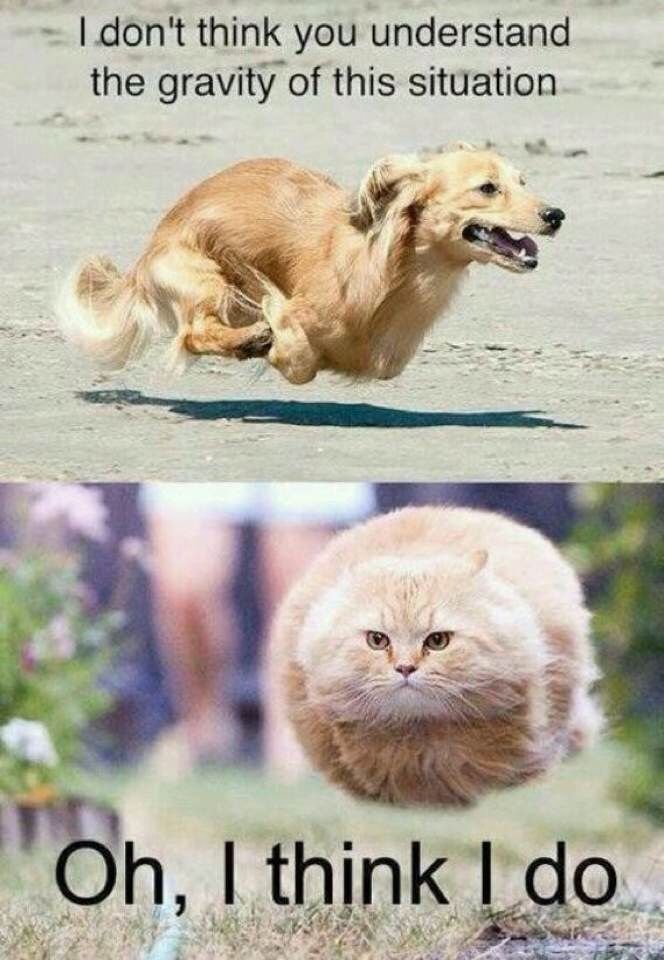Wednesday, October 30, 2024
Oct. 30/2024
Sunday, October 27, 2024
Oct. 23/2024
Oct. 16/2024
What Do Geckos Eat?
By Lauren Jones, VMD
Published 11/14/ 2023
A healthy diet is crucial when caring for any pet, & geckos are no different. By providing a nutritious, varied diet, pet parents can help their geckos live longer, happier lives.
What Do Geckos Eat in the Wild?
Gecko species are found on every continent except Antarctica—from India to Africa to the Amazon & New Caledonia. They thrive in various habitats & climates, including deserts, rainforests, woodlands, & near riverbanks.
Because of this diversity, wild geckos have varied diets that provide them with vitamins, minerals, nutrients. Many geckos are primarily insectivores (meaning they eat any tiny insect or arachnid that moves), including:
Spiders
Worms
Grasshoppers
Scorpions
Caterpillars
Crickets
As they age, geckos can even be carnivorous, feasting on smaller geckos, snakes, small mice, & young birds. Some geckos, like crested geckos, are more omnivorous & eat nectar & fruits.
What To Feed a Gecko
While all geckos should have access to fresh water in a shallow dish, a gecko’s age & species determine how often—& what—they should eat.
Juvenile geckos generally eat more frequently—sometimes 2 to 3 times a day, while adult geckos only need to eat every day or every other day. Pet parents should mimic the specific species’ natural diet as much as possible when feeding a pet gecko & always consult with a veterinarian for the best outcome.
Insects for Geckos
Geckos can consume a healthy variety of the following insects:
Dubia roaches
Crickets
Red worms
Silkworms
Mealworms
Superworms
Waxworms
Fruit flies
Earthworms
Commercial feeder insects are typically devoid of nutritional value. Therefore, these insects should be gut-loaded, which means the insects are fed specialized supplements 24–48 hours before being fed to the gecko. Supplements, such as Repashy Bug Burger, provide vitamins & minerals that help make a gecko’s diet complete & balanced.
Geckos also require additional calcium supplementation, such as Repashy Calcium Plus, to prevent common diseases like metabolic bone disease. Dust insects with a supplement immediately before feeding. Supplement powder alone should never be left in the cage, as too much calcium can also cause problems.
Continuously monitor insects during feedings; never leave them in the cage alone with the gecko. Insects can bite geckos, especially while the gecko sleeps, & cause health issues. It is best only to feed what a gecko can eat within 15 minutes, which is usually 4 to 6 food items. Insects should be approximately half the size of the gecko’s head. Any larger may cause issues during feeding.
Can Geckos Eat Fruit?
Pet parents may occasionally offer fruit to species that naturally eat fruit, such as crested, day, & tokay geckos. Some favorite foods include:
Papaya
Pears
Blueberries
Mango
Guava
Cherries
Pineapple
Plums
Grapes
Apples
Watermelon
Bananas
Moderation is key, as these are sugary favorites with relatively little nutritional value compared to protein-packed insects.
Can Geckos Eat Mice?
Some geckos may also eat “pinkie” mice, which are commercially available mouse pups, but this is rarely required for nutritional value. Always consult with your veterinarian to determine the best diet & feeding schedule for your gecko’s specific needs.
Gel Foods for Geckos
There are commercially available gel foods that people sometimes use in some juvenile species, sick pets, & some species (such as crested geckos). These should be fed with the approval of a veterinarian.
Best Food for Geckos
Commercially available pelleted, gel, canned, or frozen diets seem like an easy solution for feeding a gecko, but they don’t provide the variety or the health benefits of a live insect diet.
Geckos are natural hunters who like to stalk their prey. Providing live insects also provides mental stimulation & enrichment—essential factors when keeping pet reptiles.
Dried insects are also tempting to feed, as there is no live insect upkeep. However, dried foods lack critical nutrients for geckos. These items may be fed occasionally as treats, but pet parents should not rely on them for the entirety of the gecko’s diet.
Live insects are always the best staple item in a diet for geckos.
What Can Geckos Not Eat?
Offering the wrong type of food can have serious health risks to your gecko. It is best to research the species & consult a veterinarian to determine the best products to feed.
Generally, veterinarians recommend only feeding commercially available insects to geckos. Wild insects are tempting to catch & offer to a gecko; however, the risk of insecticide exposure is considerable & potentially dangerous & may cause severe neurological or gastrointestinal issues & even death. Therefore, most veterinarians recommend against feeding wild-caught insects. Fireflies, or lightning bugs, are highly toxic & should never be fed to a pet gecko.
Truly insectivorous geckos, such as leopard geckos, should not eat fruits or vegetables, ever. They cannot digest plant material, & this can cause serious health problems.
How To Feed a Gecko
Always follow a gecko’s normal feeding patterns they would have in the wild. Some geckos are diurnal (awake during the day), while others are nocturnal (awake at night). Nocturnal geckos do best when fed at night; diurnal animals should be provided food during the day.
Keep live insects in a separate container, such as a cricket pen, with gut-loading supplements as food & a water source. Most pet parents find a water supplement in a gel format the easiest way to supply water to feeder insects.
At feeding time, transfer the appropriate size & number of insects into a separate container to dust with the calcium supplement. Most people find the use of insect tongs useful. Place the insects & the dusting powder in a plastic bag, tin can, or “cricket shaker,” & shake gently to coat the insects’ bodies.
Place the dusted insects in a shallow container or place them in the terrarium with the gecko. If not put in a dish, pet parents should ensure the gecko cannot ingest the substrate in addition to the insect. Most veterinarians recommend solid substrates over sand or soil substrates to prevent this accidental ingestion.
Feeding Geckos FAQs
What do leopard geckos eat?
Leopard geckos only eat insects like crickets, roaches, mealworms, waxworms, & superworms.
What do crested geckos eat?
Crested geckos eat a variety of food—approximately 50% insects & 50% fruit, such as pears, blueberries, & bananas.
What do baby geckos eat?
Baby geckos eat the same types of food that adults eat—only more often & with smaller-sized prey. Young geckos may eat 2 to 3 times a day & should only be fed items that are no larger than half their head.
Cute Critter Pics:
Weekly Chuckle:

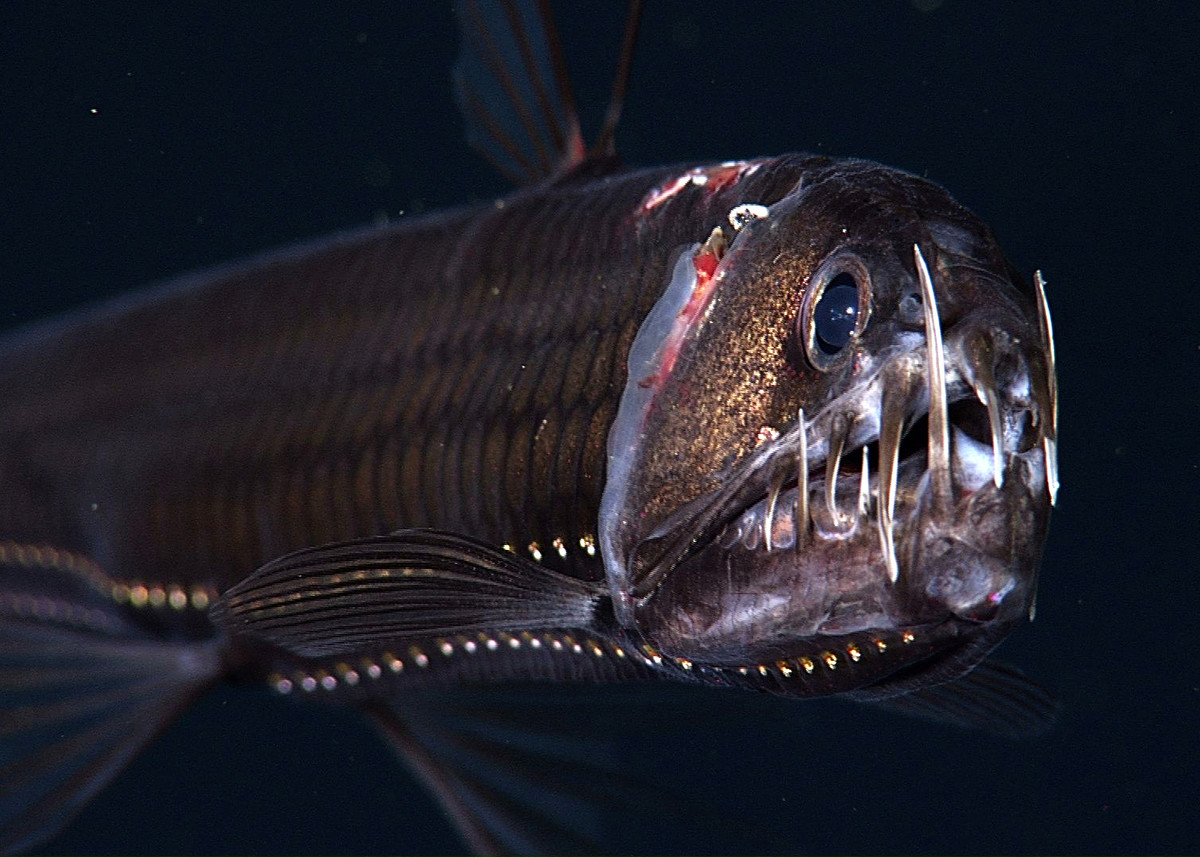
/scorpion-sand-01-473210ddbe9a4021bc3999ae0ab8290b.jpg)

:max_bytes(150000):strip_icc():focal(644x439:646x441)/Tasmanian-Devils-1-2a0e3c26ff81424eb375cc38326bd54f.jpg)
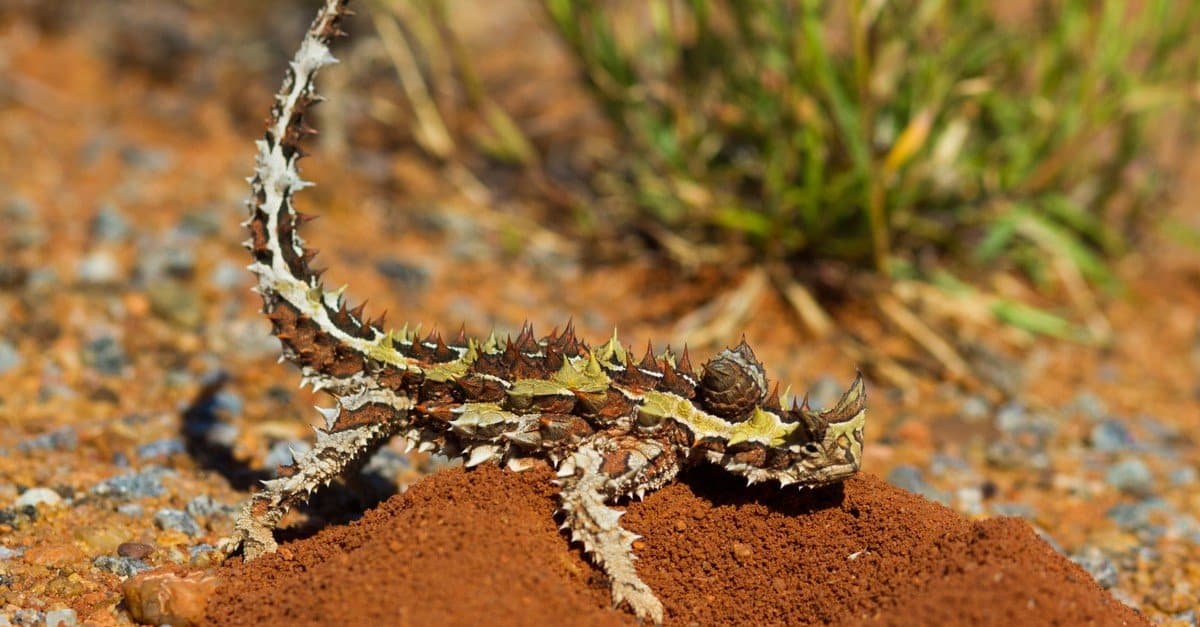

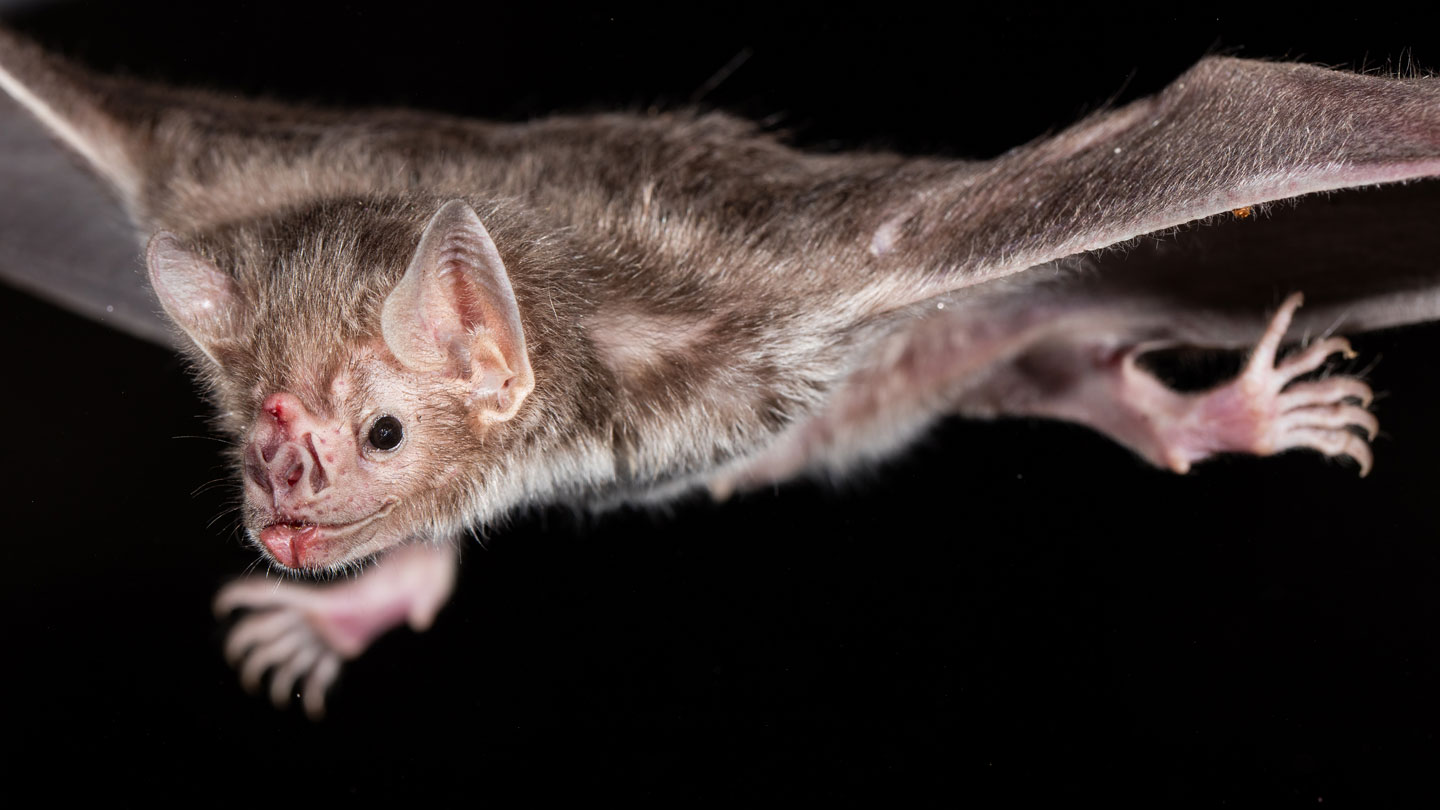
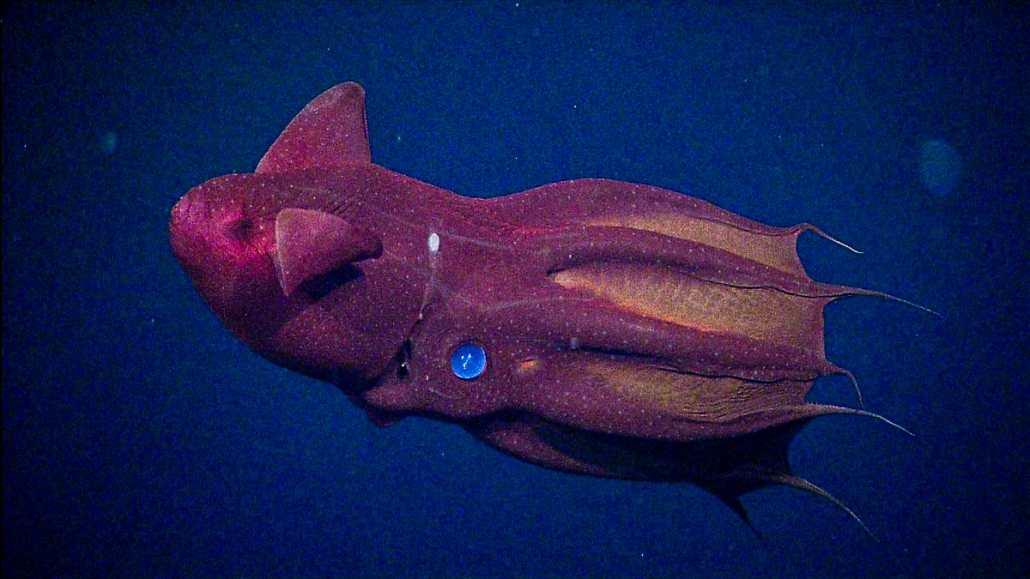

.jpg)





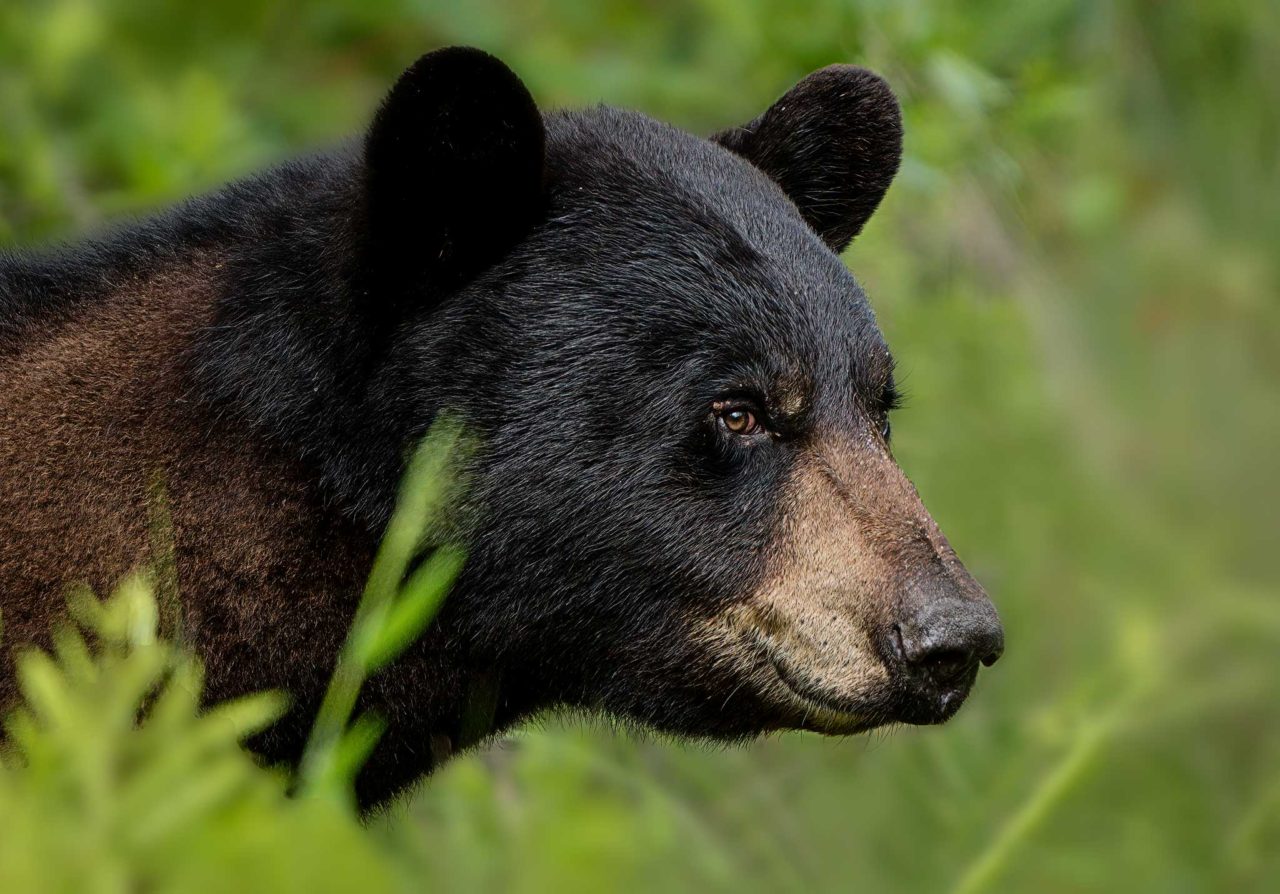
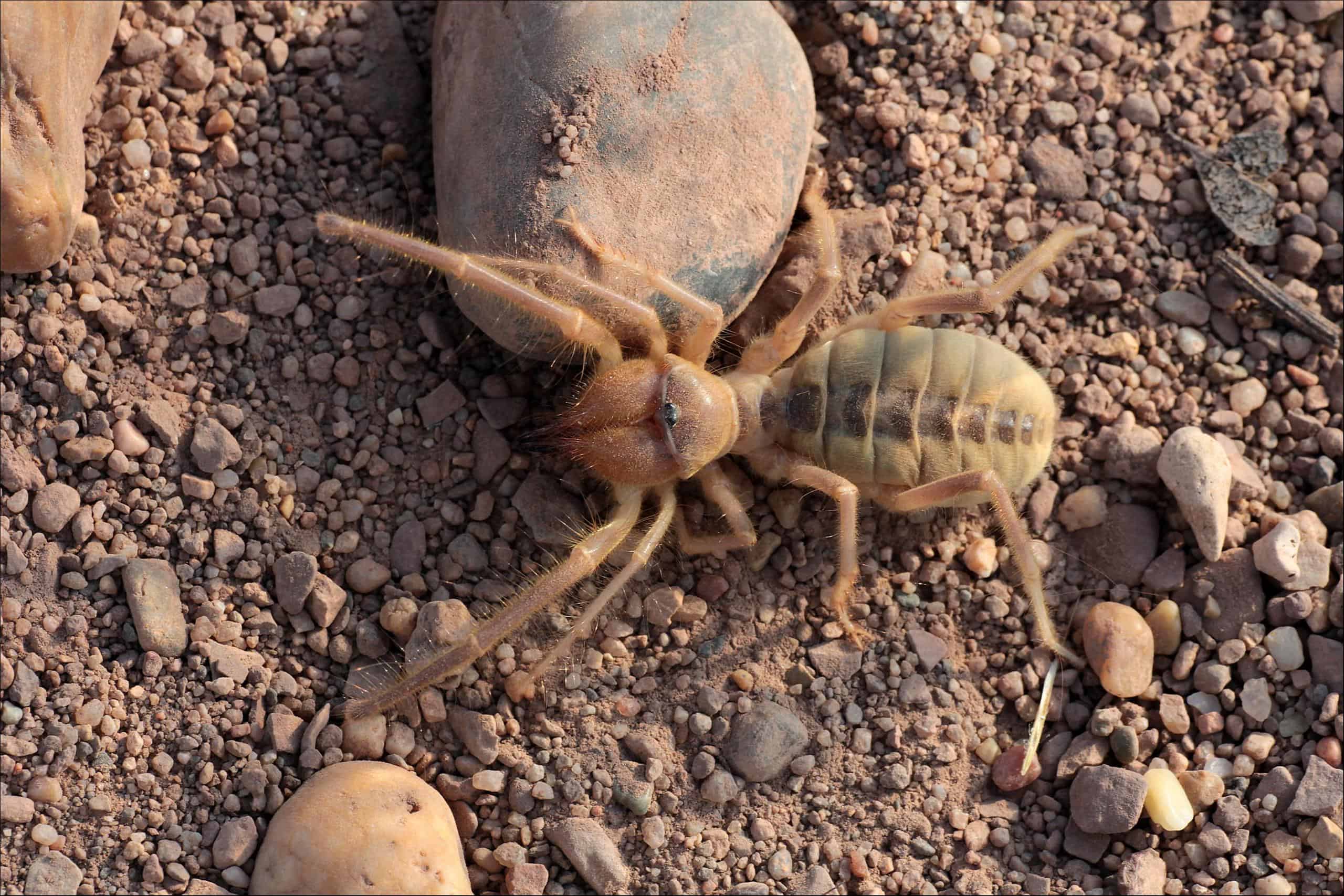
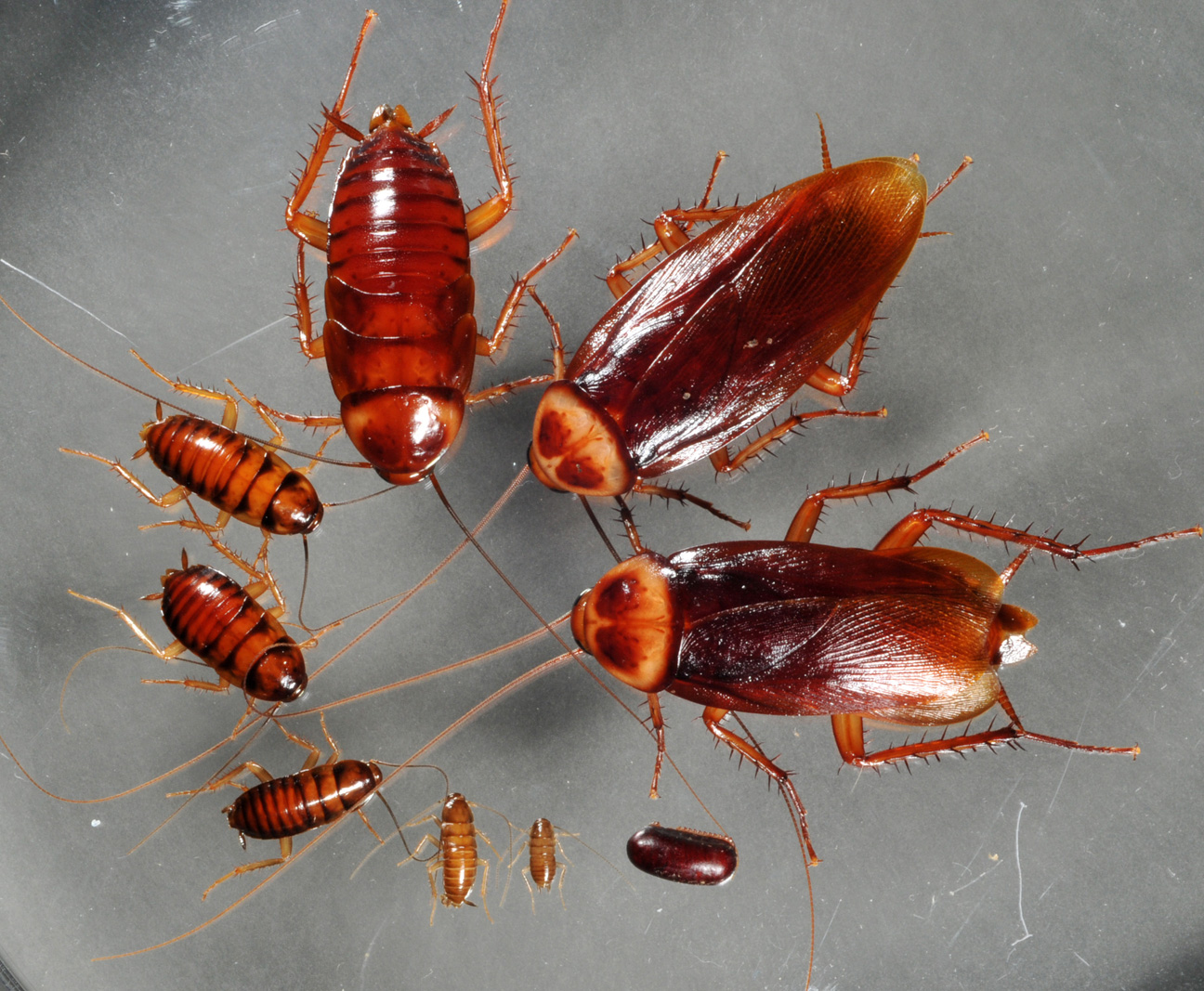
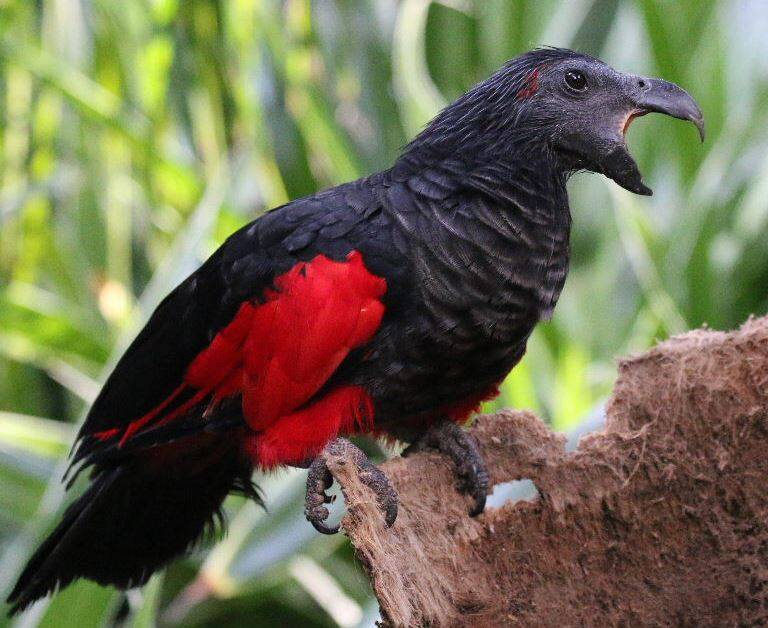
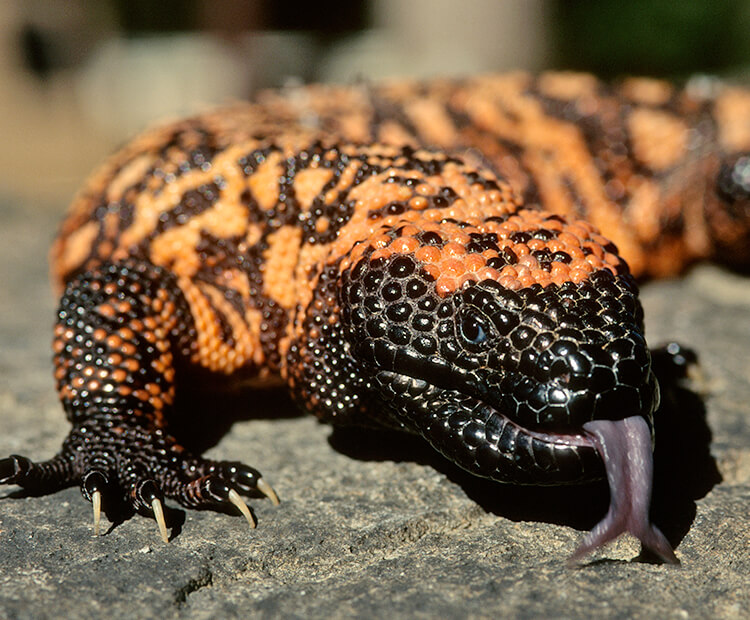





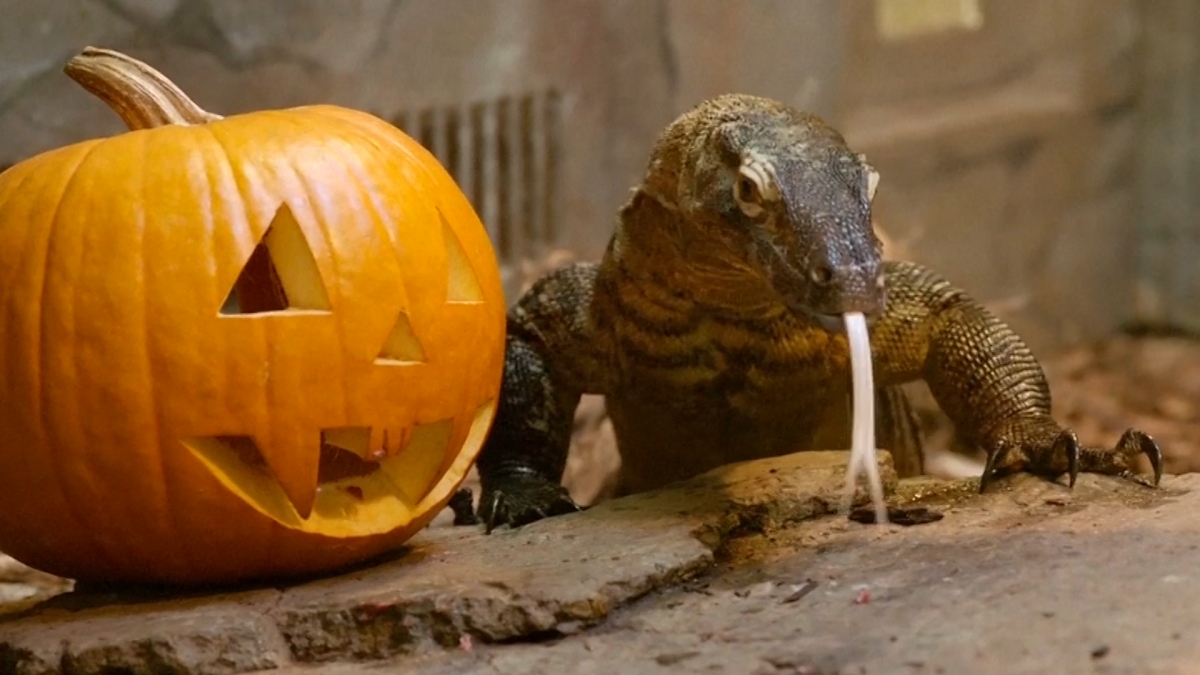
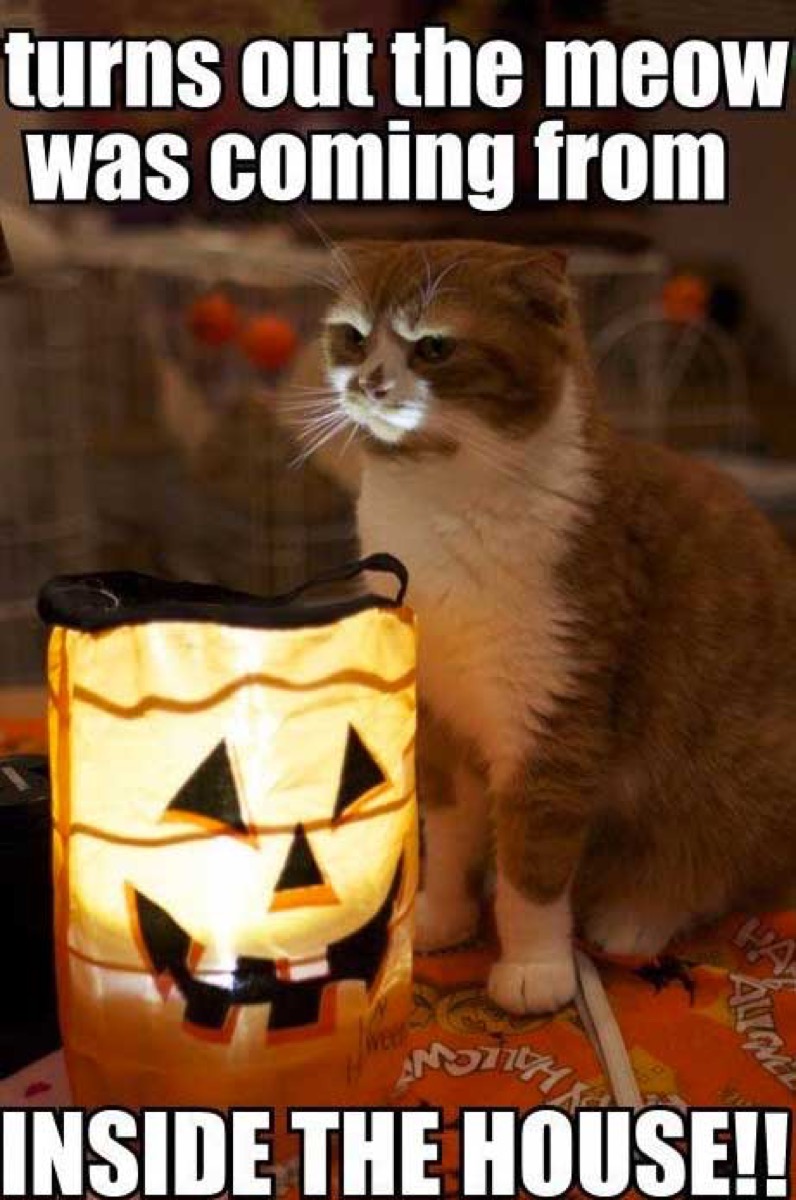


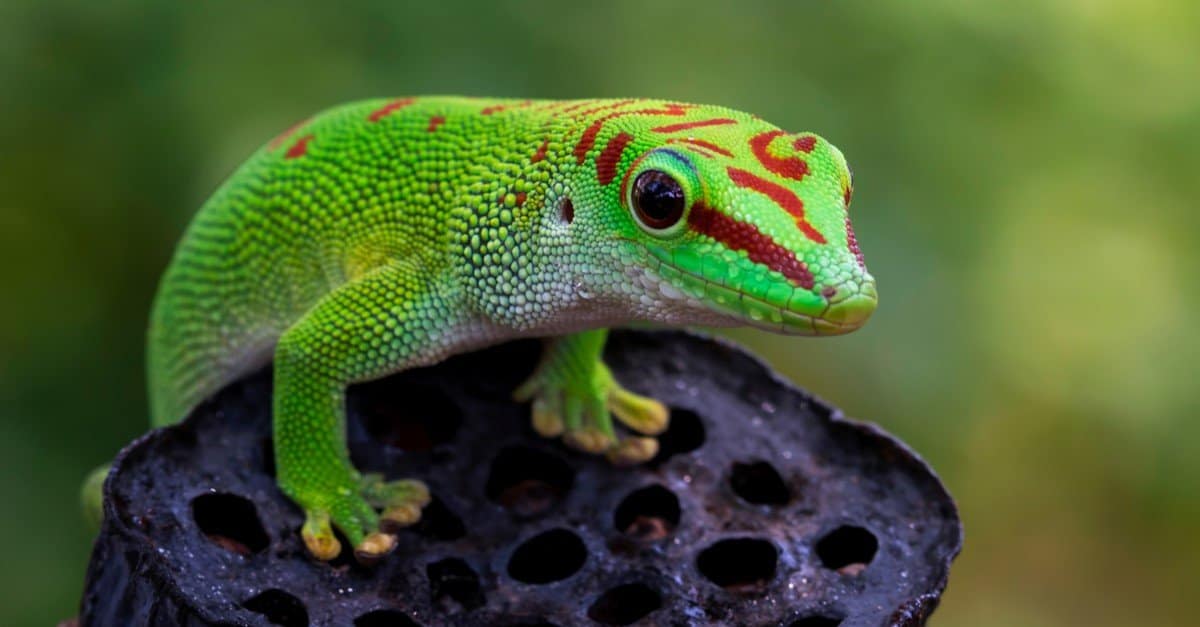

:max_bytes(150000):strip_icc()/GettyImages-904215104-a4adafbc911549a4b5d5f01f97070490.jpg)








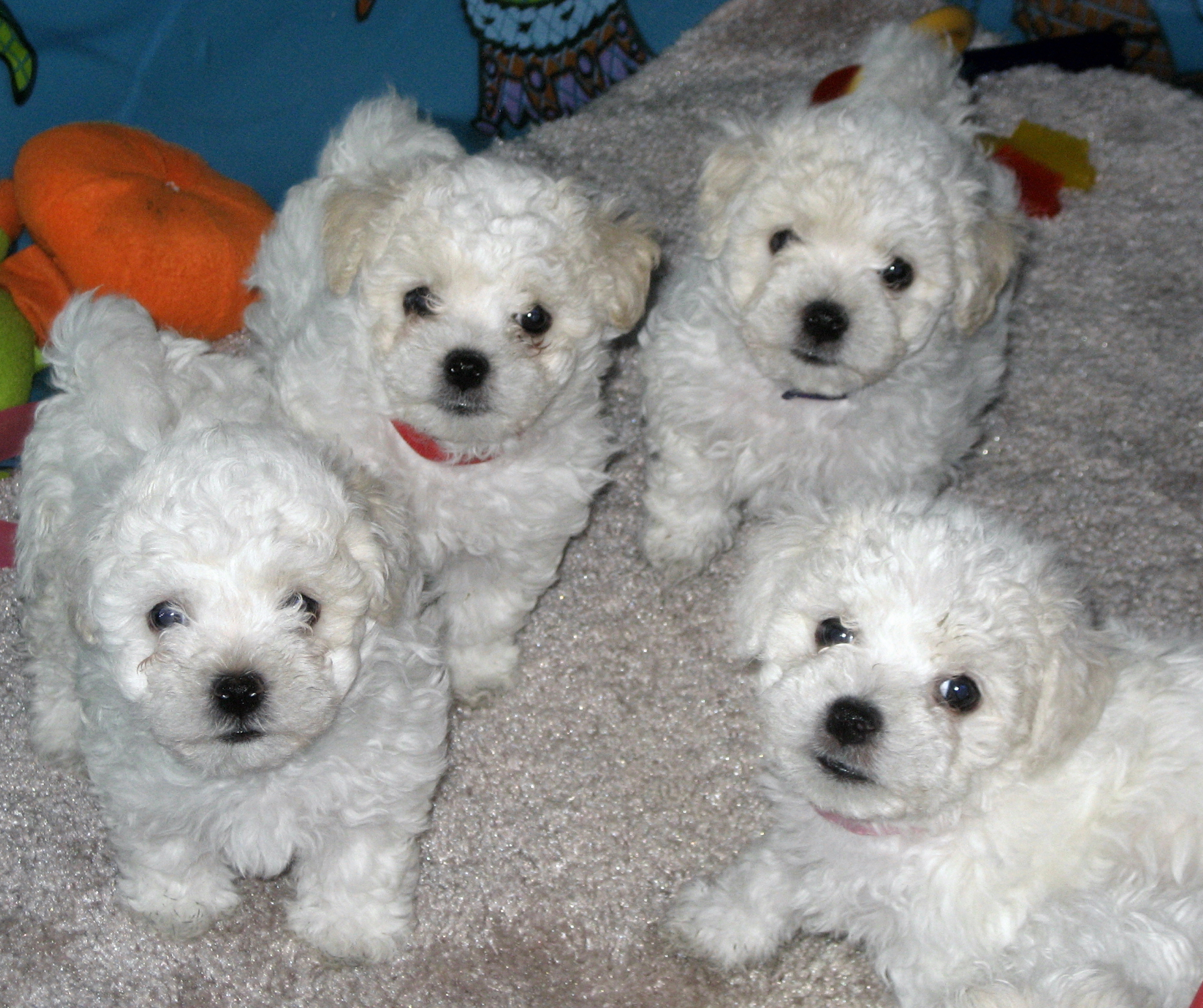
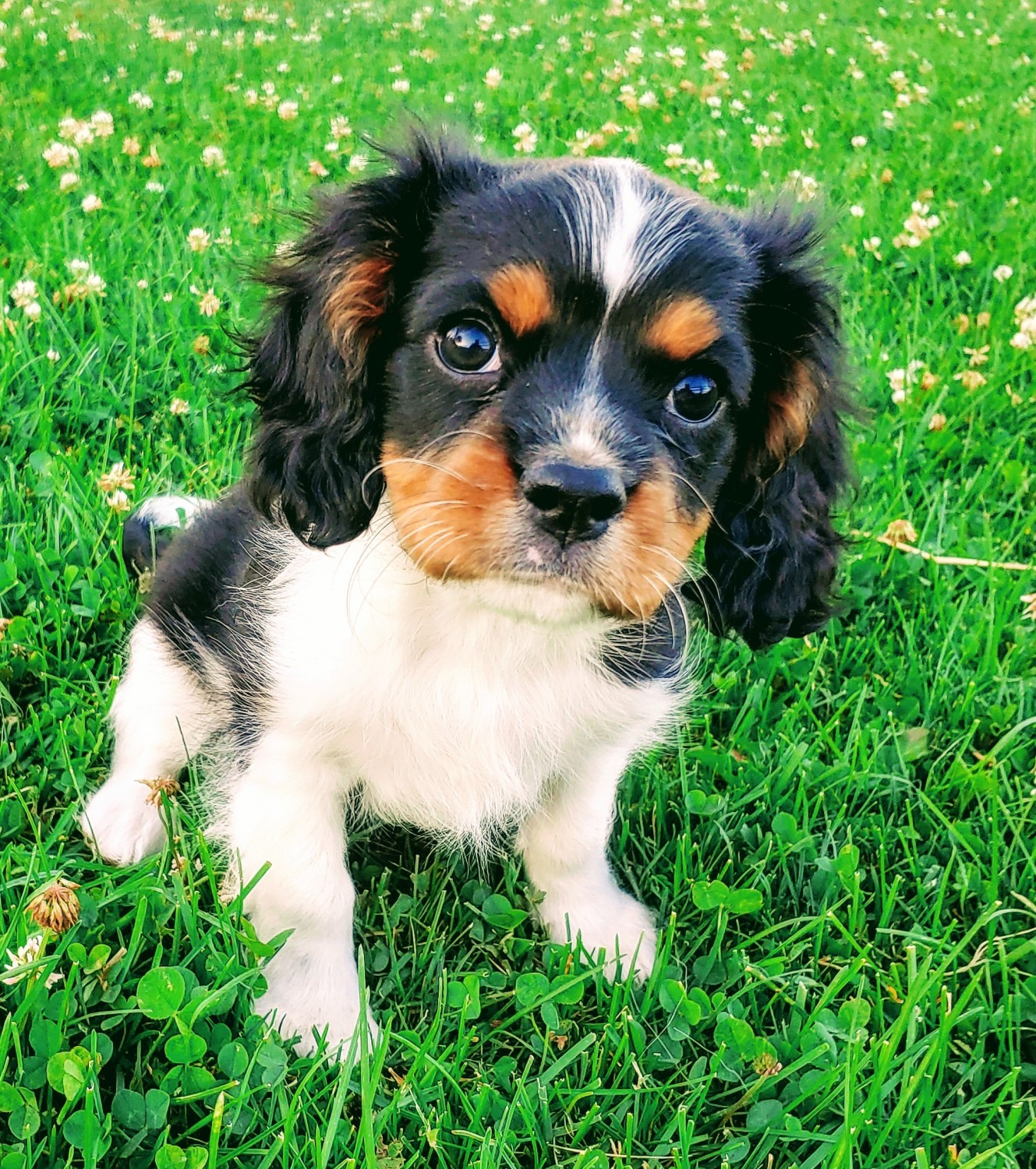
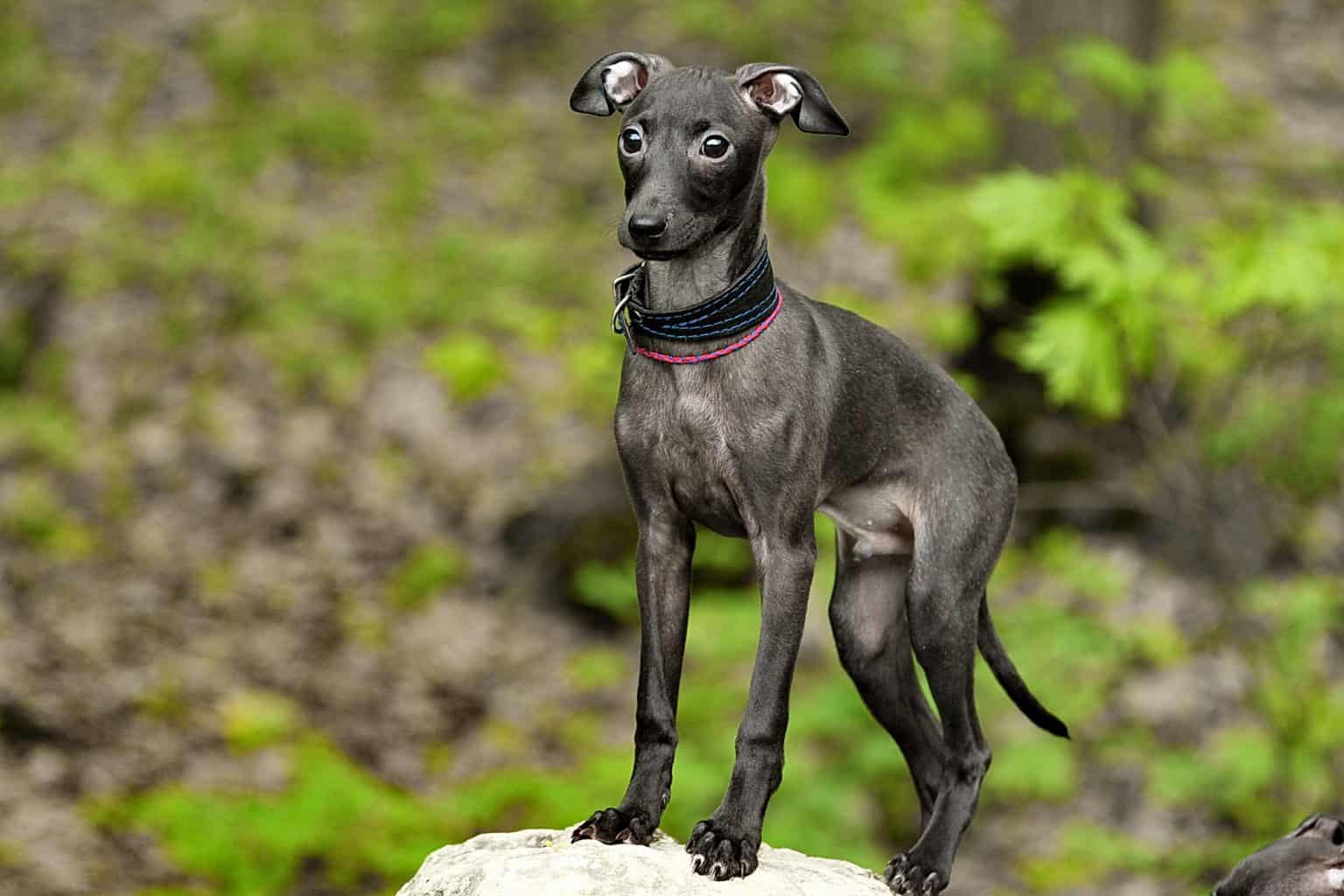




/SilkyTerrier-GettyImages-494831928-b8d669bab3e54b44b53147441ee705ec.jpg)


